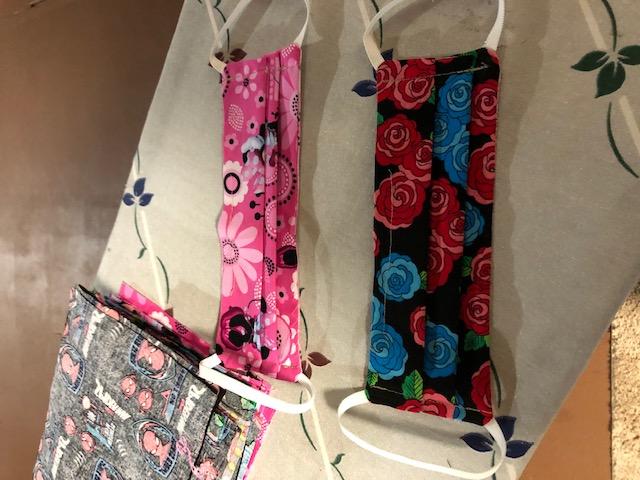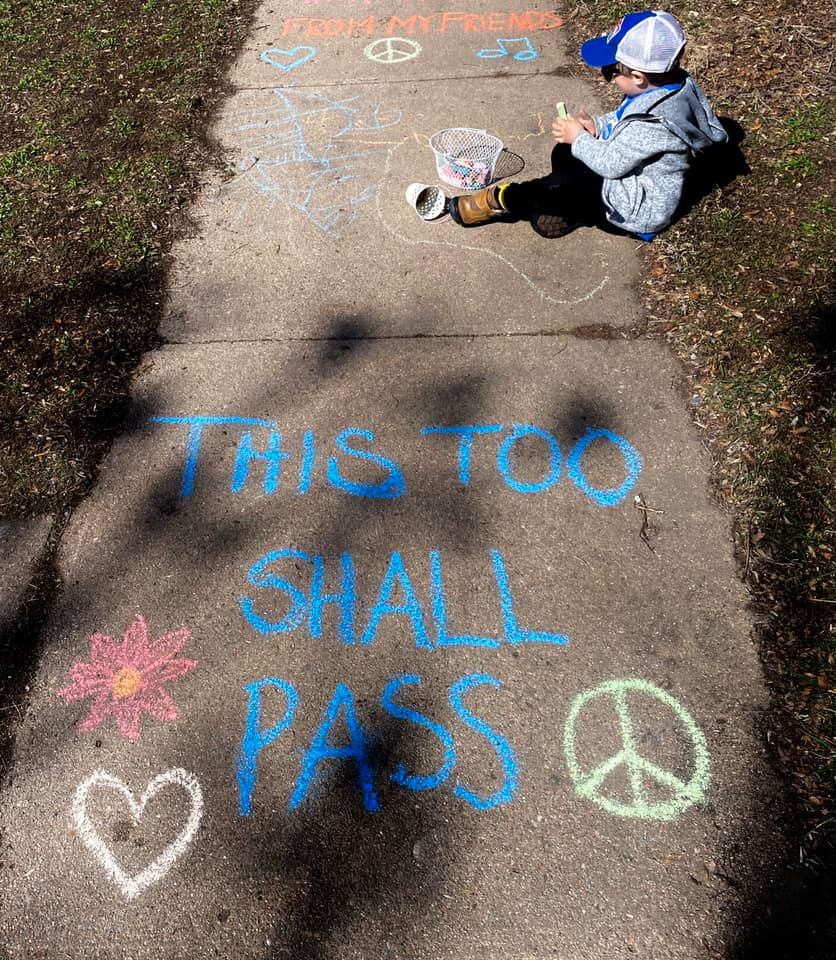
Story
Looking Backward: Lessons from a Pandemic
If we take a backward glance at 2020 from the standpoint of 2120—never mind how we got here—what do we see? And what perspective have we gained in the century since? Colorado’s State Historian takes a moment to ponder some lessons learned.
Editor’s Note: How will 2020 go down in history? In the Hindsight 20/20 project from The Colorado Magazine, twenty of today's most insightful historians and thought leaders imagine themselves in 2120, looking back on 2020 and sharing their visions of how that year will stand the test of time.
Looking backward one hundred years is hard to fathom. But here I am in 2120 (how I got here I do not know), trying to make sense of what happened a century ago.
The year 2020 was the year of the coronavirus, which killed millions worldwide and many hundreds of thousands in the United States. We had few cares in the world (or so it seemed) when the virus hit in January. At first, no one took it seriously—including President Donald Trump, who said it was just a flu and would disappear quickly. However, by March, despite denials by political leaders, it was obvious that this virus was as lethal as the Spanish flu of 1918–19. Ski areas closed early, airline travel collapsed, borders closed, schools continued teaching but by virtual means, and people were encouraged to wear masks, socially distance, and avoid crowds.

The women's group “Dena's Mask Making Army” makes masks at home for health-care workers on the front lines of the pandemic. Photo by Mary Carson.
However, as I look back, I realize that politics got involved and science was not followed. Many refused to wear masks and attended huge rallies, declaring that they did not want their individual freedoms infringed upon. Others believed that wearing masks and social distancing were patriotic. In view of the disasters we have suffered from 2020 to 2120—climate change, overpopulation, running short of water and resources, and constant wars between haves and have-nots—the virus seems almost trivial today.

Marissa Page and her son made chalk drawings on a neighborhood sidewalk to pass the time and lift spirits during the stay-at-home order of spring 2020. Photo by Marissa Page.
But we learned some important lessons:
- Believe and trust in science.
- Do not politicize disasters.
- The virus gave the young a much greater appreciation of what their great-grandparents went through in the Great Depression and World War II.
- It took President Trump and many of his staff to get the virus for the entire nation to take it seriously.
- The virus taught us that if another pandemic hit we would react fast, with the federal government leading a coordinated effort to stamp it out.
- The virus convinced the United States that we needed a war on behalf of science and the environment—much like the all-out effort, with everybody on board, that we had during World War II.
And, the virus taught us to never take anything for granted—that every day was a good day and to do your best always, with your fellow men and women in mind.
More from the Hindsight 20/20 project in The Colorado Magazine
Our Cultural Traditions Served to Heal Us Cultural practices tell Indigenous Peoples that concern and care for each other are how we understand the concept of “All My Relations.” These humble practices, however, were turned against us as the coronavirus preyed upon and spread among those gathered at social events and at ceremony. But we are resilient!
Our Strength is Our Union We've learned a lot (that we didn't want to know) about life during a global pandemic. Mark Earnest examines how a society enshrined one generation's learning so that it became durable for future generations to draw upon. A century later we consider: How long does a society retain the lessons we learn?
Heard Immunity A music writer ponders the quaint habits of music fans of 2020, who, in their day, lamented the loss of such archaic practices as live concerts, in-person gatherings of any kind, and now-outdated technologies. But music itself lives on, as does a certain rock ’n’ roll guitarist.
